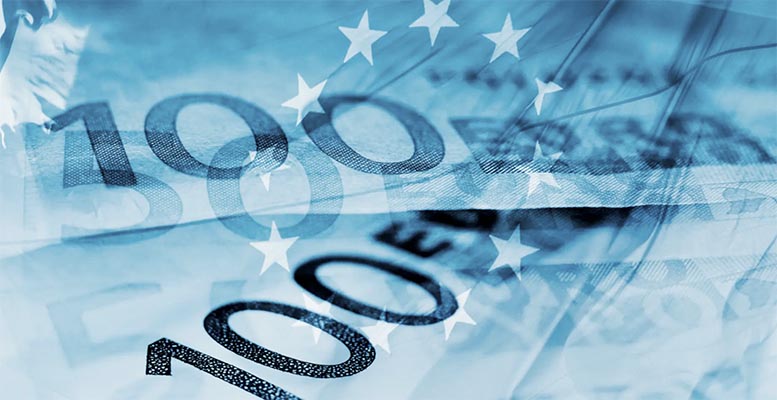María Martínez (BBVA Research) | Since March there have been large movements in the financial markets, and this is no less the case for the foreign exchange market and, in particular, for the euro. It has appreciated 6% versus the dollar since January, and was up 11% from the lows of March to USD 1.20 at the beginning of September.
Key points
- Central to the recent strength of the single currency is the agreement regarding the European Next Generation EU (NGEU) recovery fund.
- The agreements reached with respect to the NGEU open the door to a possible fiscal union and the fund could become a more permanent instrument that would strengthen the foundations of the EMU, thus strengthening the euro.
- Another important factor behind the significant appreciation of the euro would be the general weakness of the dollar as a result of the deterioration of the fundamentals of the US economy, in addition to highly accommodative monetary policy.
- In the medium term there are reasons to believe that the euro should appreciate very gradually over the coming year, boosted by the reduction of EMU–US interest rate differentials and the increased demand for euros to acquire the new European asset known as coronabonds.





